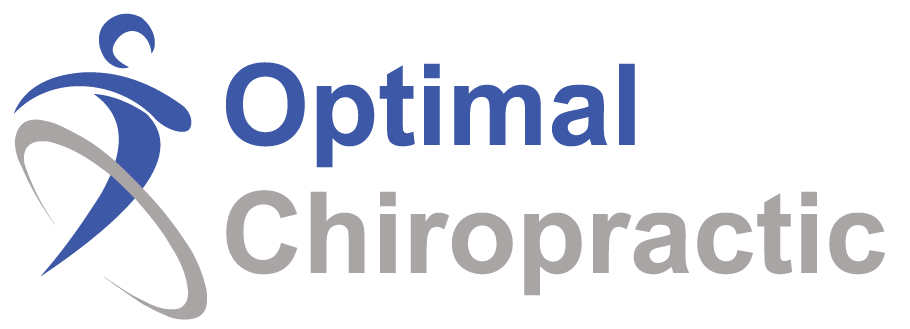Headaches are a common presentation in the chiropractic office. There are many different types of headaches, each with their own triggers, symptoms, and treatment options. Tension headaches are one very common type of headache not caused by neurological factors, but by things we may experience on a daily basis. At Optimal Chiropractic we strive to help our patients understand the cause and effect of their lifestyle choices, and help them to reach their optimal health.Tension headache is defined as a mild to moderate pain in the head that is often described as a tight band around the head. They are the most common type of headaches found among adults, which may be occasional or chronic and will often vary in intensity. The pain is often located in the head, neck or eyes, and can radiate to different areas throughout the head, neck, and shoulders. Pain may get worse with added stress, fatigue, or environmental conditions. Headaches may become so severe or constant that they interfere with daily activities and sleep.Unlike migraine headaches, there are no neurological symptoms such as blurred vision. Light and noise sensitivity, nausea or vomiting are not generally associated with tension headaches.There are many different causes to this form of headache. It occurs when the neck and scalp muscles become tense, or contract. In many cases, however, the cause of tension headaches are unknown. Some common triggers for tension type headaches include:• Alcohol use and smoking• Caffeine (over consumption or withdrawal)• Sickness including the cold, flu, or sinus infection• History of jaw clenching, teeth grinding, or TMJ disorders• Eye strain, fatigue, or overexertion• Stress or anxiety• Poor posture• Injury or arthritis of the neck• Obesity or low physical activityPreventative measures may be some of the most important factors in reduction of tension headaches. Regular chiropractic care can help reduce the number of tension headaches as well as the length of time a headache may last. Chiropractic adjustments help to ease stress, reduce tension in the muscles, improve posture, and restore nerve and blood flow to areas of the spine. Lifestyle changes including regular exercise, proper nutrition, adequate sleep, and stress reduction are other factors addressed in the chiropractic office.A mild to moderate tension headache may resolve on it’s on in a few hours. Some helpful tips would be to rest, use ice or heat back over the head and neck, or possibly take a warm shower to help relax the musculature. Over the counter medications are commonly used such as ibuprofen and other nonsteroidal anti-inflammatory drugs (NSAIDS). Prescription medication may also be used in more severe cases.If you are interested in learning more about this condition or want to know how chiropractic care can benefit you or someone you know, give us a call today at (208) 777-4305.

